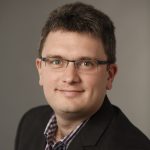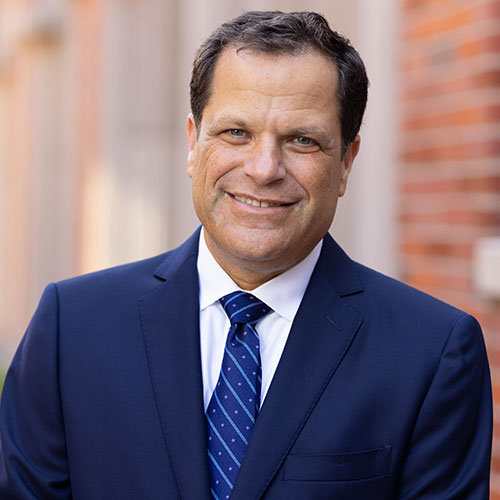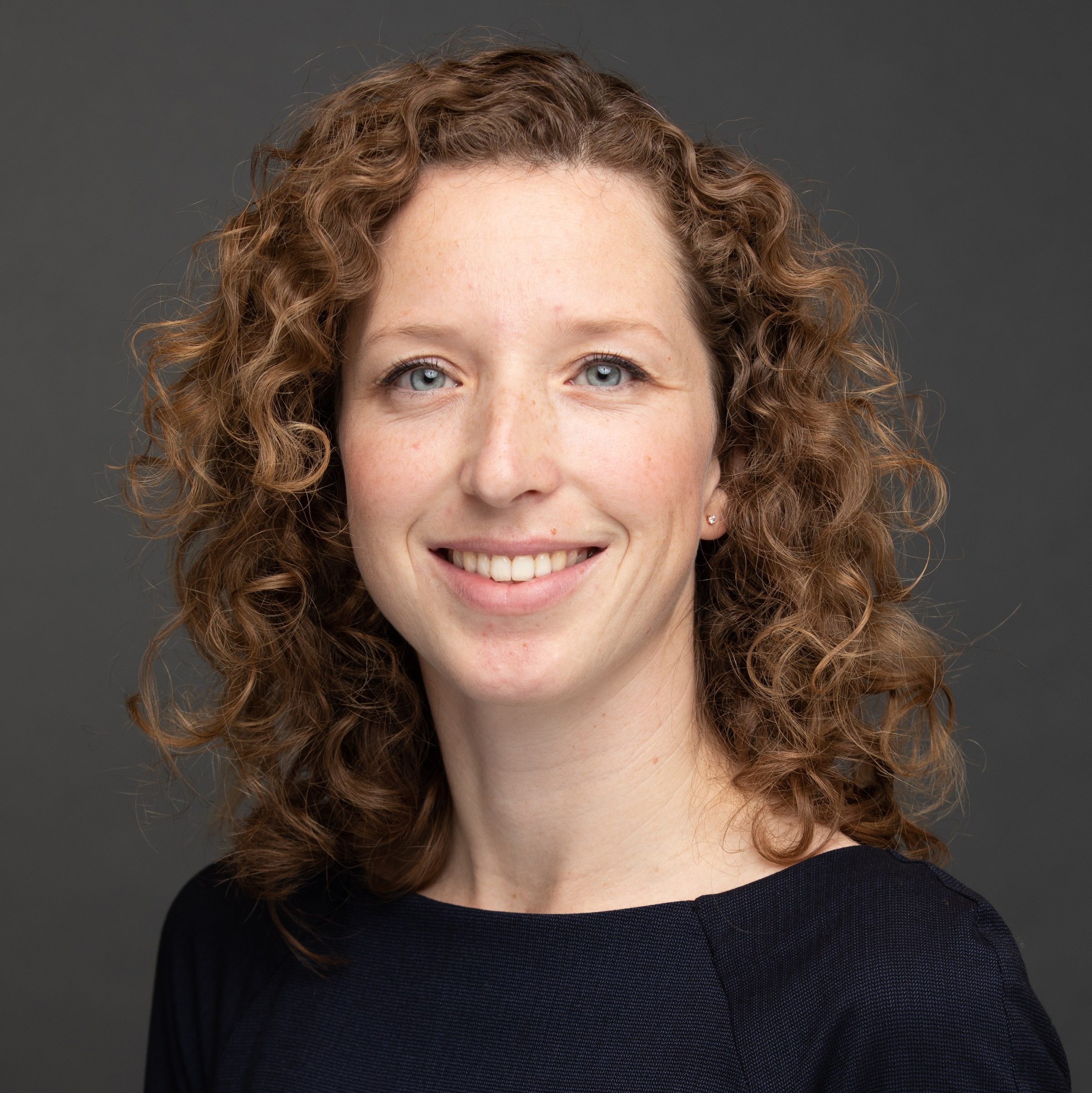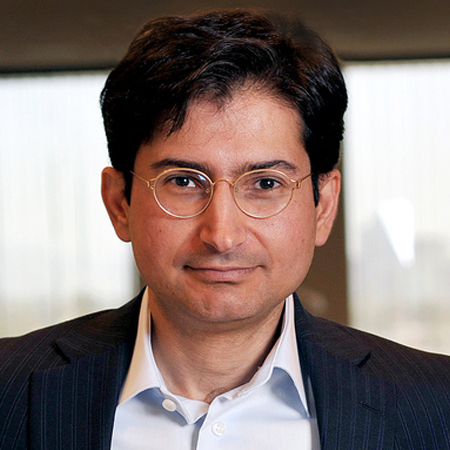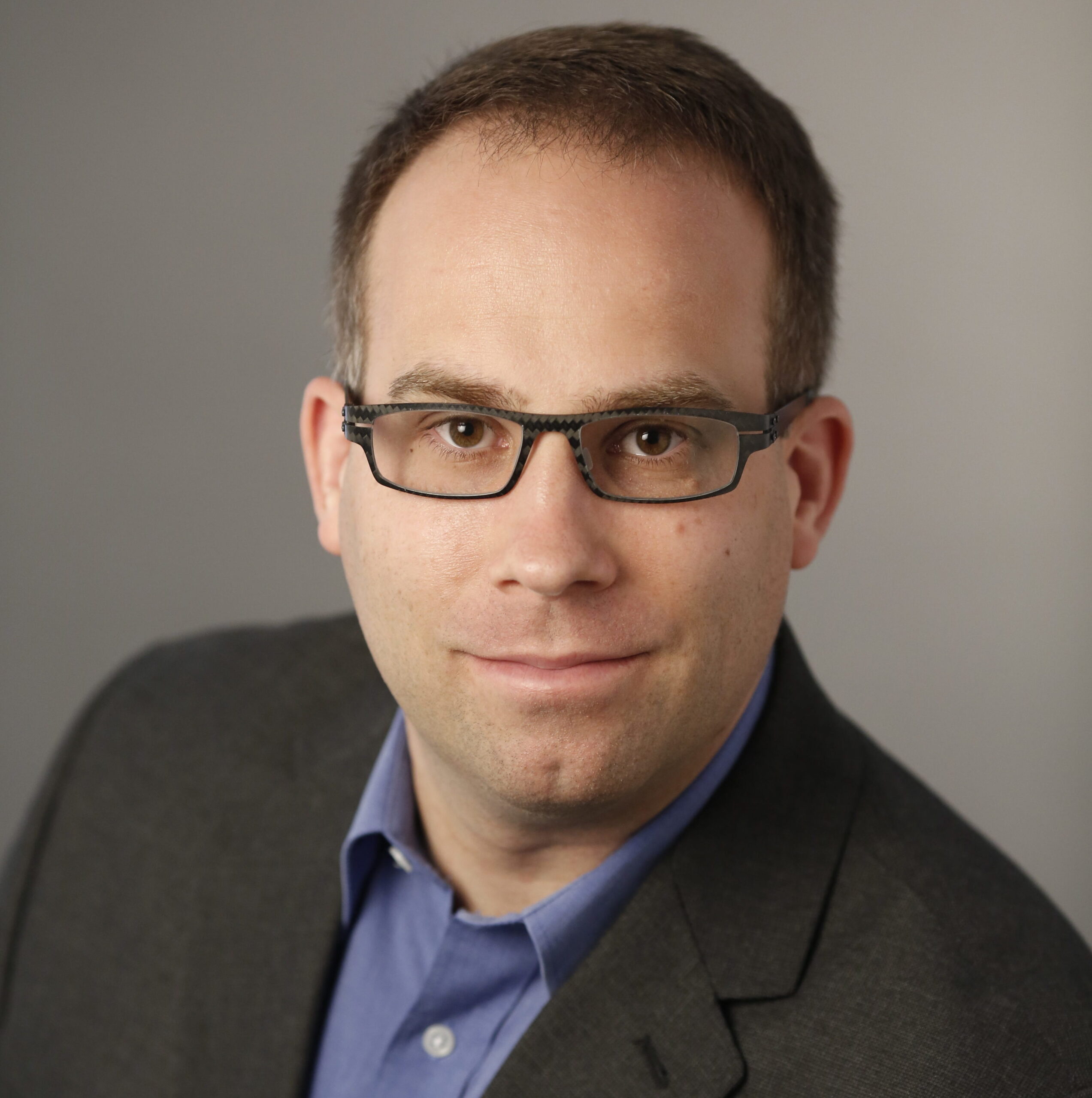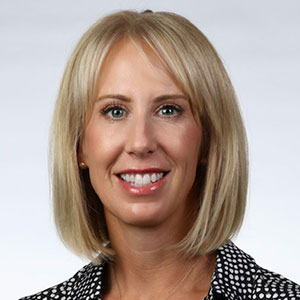Health Policy Simulation
Research Program
Health Policy Simulation
Modeling the Future
The pioneering Future Elderly Model (FEM) models trends in health, functional status, health spending, pharmaceutical innovation, labor supply and earnings for individuals over age 50 in the U.S. The FEM has grown in reach and effectiveness from its inception in 1997 to today, assisted by funding support over the years from the Centers for Medicare & Medicaid Services, the National Institutes of Health, the U.S. Department of Labor and others. In addition, the microsimulation team has created a global network of collaborators who are building out country-level FEM-based models in 17 countries. An extension of FEM, the Future Adult Model (FAM), models similar functions for individuals ages 25 to 50.
Showcasing the FEM
Lower-Middle-Class Americans Near Retirement Are Worse Off Than 20 Years Ago, New USC and Columbia Study Shows
‘Forgotten middle’ Americans face poorer health, worse economic outcomes and lower homeownership rates, along with increased disability in old age.
Microsimulation Researchers
Latest Work Leveraging the FEM View All
Issue Brief
The Cost of Dementia in 2025
Featured Experts: Julie Zissimopoulos, Dana Goldman, Bryan Tysinger
In The News View All
Marketplace
Heun-Johnson quoted on how excess COVID-19 deaths affected Social Security finances
Featured Experts: Hanke Heun-Johnson
Medscape
Medicare coverage of obesity drugs could presure other insurers to follow suit, Ward says
Featured Experts: Alison Sexton Ward
The New York Times
Chapel explaining the widening gap in health and economic wellbeing between the lower and upper middle class nearing retirement age
Featured Experts: Jack M. Chapel
The Washington Post
Excess pandemic deaths in the U.S. continue shifting younger, Schaeffer research finds
Featured Experts: Bryan Tysinger, Hanke Heun-Johnson
NBC News
Tysinger explains why the U.S. had an especially steep drop in life expectancy during the pandemic’s first year
Featured Experts: Bryan Tysinger
